Indigenous Peoples, Reconciliation and Canada 150
June is National Aboriginal History Month, and this year, the day after National Aboriginal History Month ends activities for Canada 150 begin....
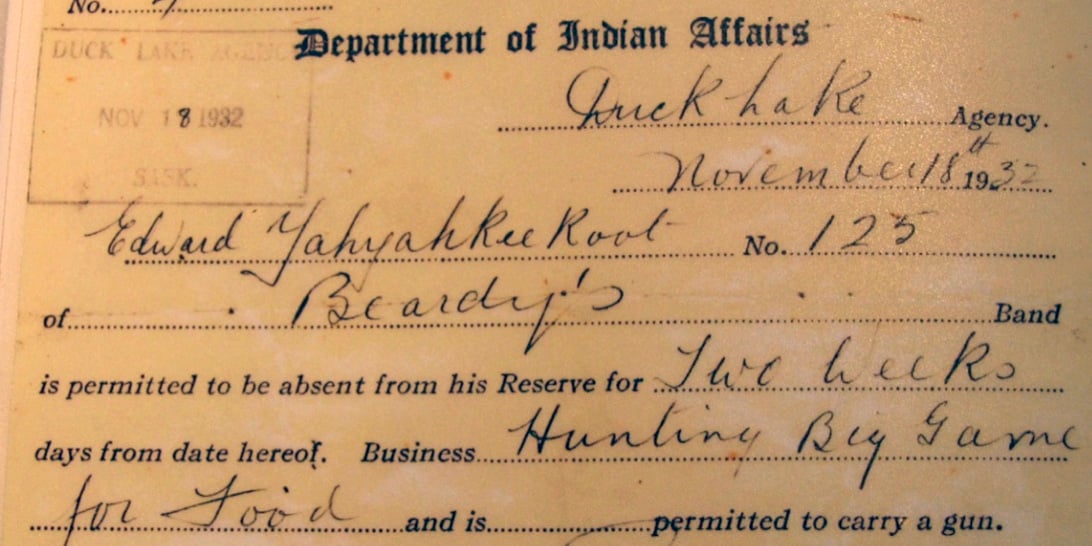
The great aim of our legislation has been to do away with the tribal system and assimilate the Indian people in all respects with the other inhabitants of the Dominion as speedily as they are fit to change.
John A Macdonald , 1887
This post was published in June 2015, and as of February 2025, has been viewed almost 616,000 times.

Vous ou votre entreprise êtes intéressée par une formation ? Plusieurs de nos cours peuvent également être suivis en français.
Many laws affecting Indigenous Peoples were combined in 1876 to become the Indian Act. The Act gave Canada a coordinated approach to Indian policy rather than the pre-Confederation piece-meal approach.
The photo above is of a permission slip that would have been required to leave the reserve. Although specifically not a law or regulation under the Indian Act, the Indian Act gave power to the federal government and its representatives, like the Indian Agent, to implement and enforce policies such as needing a pass to leave the reserve. It certainly is something that not many people would have known about the Indian Act.
The Indian agent, acting under the authority of the Indian Act, played a key role in the distribution of land, replacing traditional names for "easier" identification and altering traditional and hereditary forms of government, among other actions and restrictions.
The Indian Act has been a lightning rod for criticism and controversy over the years, widely attacked by First Nations people and communities for its regressive and paternalistic excesses. For example, Indians living on reserves don’t own the land they live on; assets on reserve are not subject to seizure under legal process making it extremely difficult to borrow money to purchase assets; and, matrimonial property laws don’t apply to assets on reserve. On the other hand, it has also been widely attacked by non-Indigenous people and politicians as being too paternalistic and creating an unjust system with excessive costs that are considered uneconomical.
Here are some of the restrictions and impacts imposed on First Nations (some have since been removed in revisions of the Act).
The Indian Act:
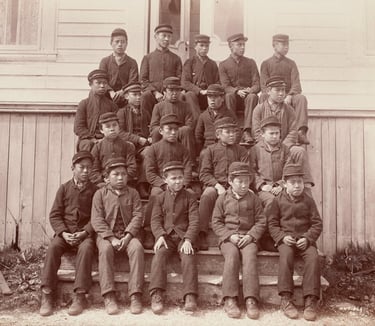
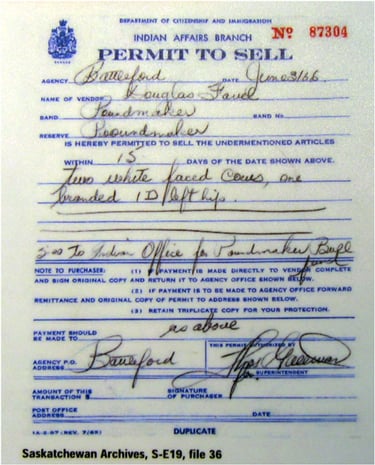
Major amendments were made to the Act in 1951 and 1985. In the 1951 amendments, the banning of dances and ceremonies, and the pursuit of claims against the government were removed. In 1985, Bill C-31 was introduced. For more on this Bill, please see: "Indian Act and Women's Status - Discrimination via Bill C31 and Bill C3".
The Indian Act imposed great personal and cultural tragedy on First Nations, many of which continue to affect communities, families and individuals today.
Listen to my dad, Chief Dr. Robert Joseph, talk about Anti-Potlatching here. https://youtu.be/ge_pM9k1CPs
[1] Section 99 (1) of the Indian Act of 1880
[2] Section 141 of the Indian Act of 1927
[3] Section 140 of the Indian Act of 1927
[4] Section 3 of the Indian Act of 1880
Thanks for reading this blog article. Here are some of the references we used:
CHAP. 18. - An Act to amend and consolidate the laws respecting Indians.
Aboriginal People: History of Discriminatory Laws
The above article has drawn so many readers since it was first published, Bob decided to write a book based on the article. The book was a national bestseller within the first week of its publication. Order your copy today.
Bob Joseph, founder and President of Indigenous Corporate Training Inc. (www.ictinc.ca), has provided training on Indigenous relations since 1994. Each year he assists thousands of individuals and organizations in building Indigenous relations. His Canadian clients include all levels of government, Fortune 500 companies, financial institutions, including the World Bank, small and medium-sized corporate enterprises, and Indigenous Peoples. Bob is the developer of a multi-layer suite of Indigenous relations training courses and the author of the national bestseller 21 Things® You May Not Know About The Indian Act.
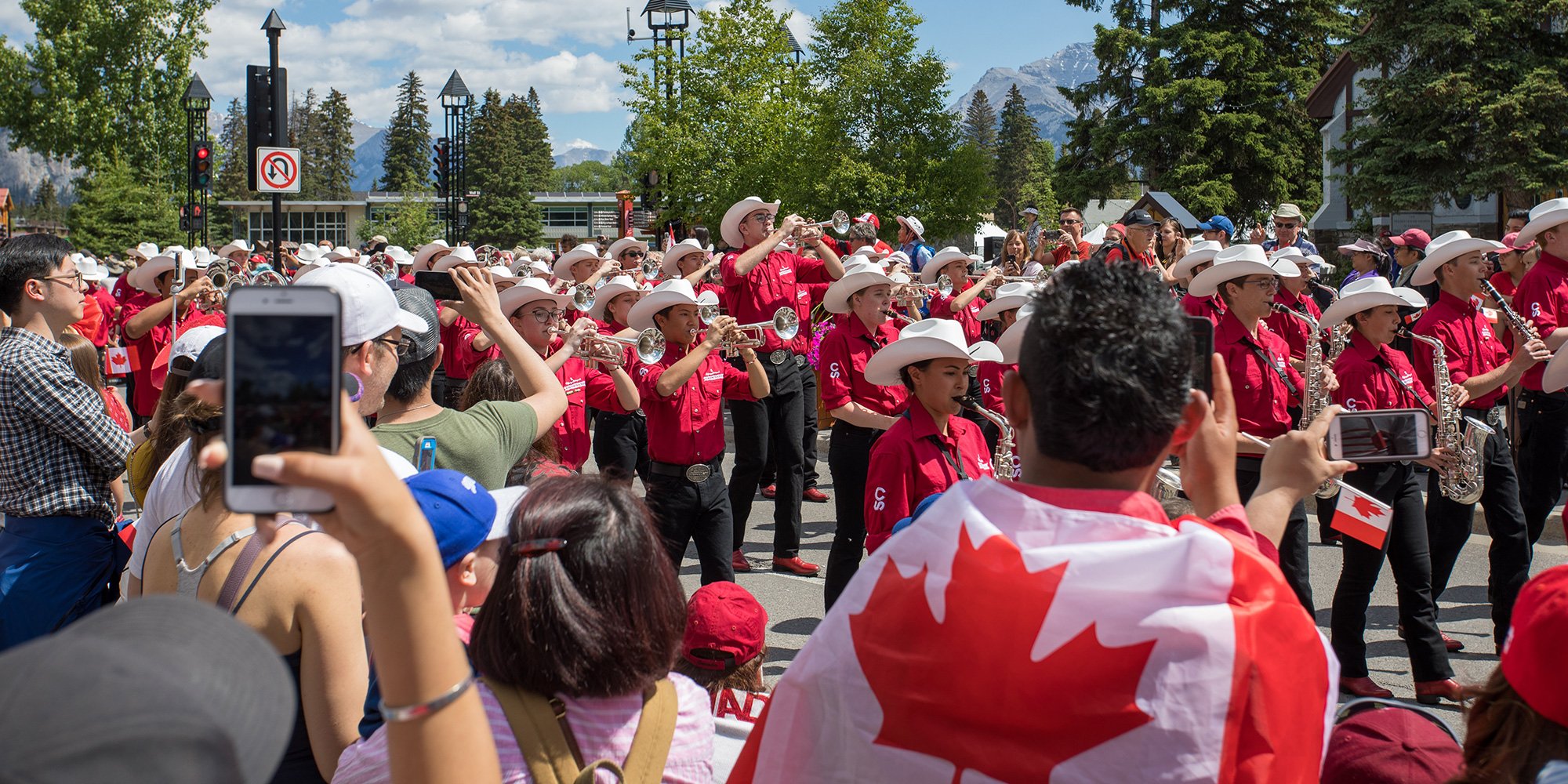
June is National Aboriginal History Month, and this year, the day after National Aboriginal History Month ends activities for Canada 150 begin....
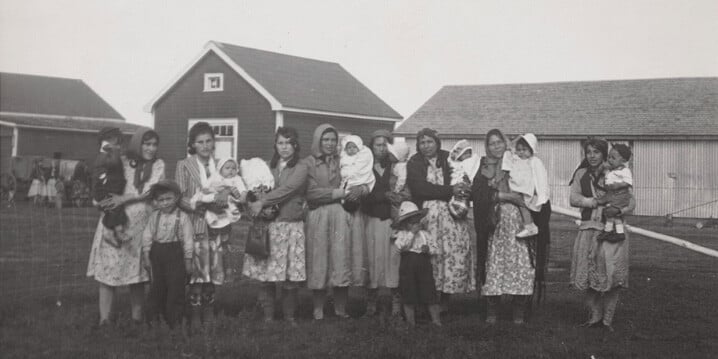
Indigenous nations enjoyed full autonomy over every aspect of their lives for millennia. But, that all began to change in 1867 with the introduction...
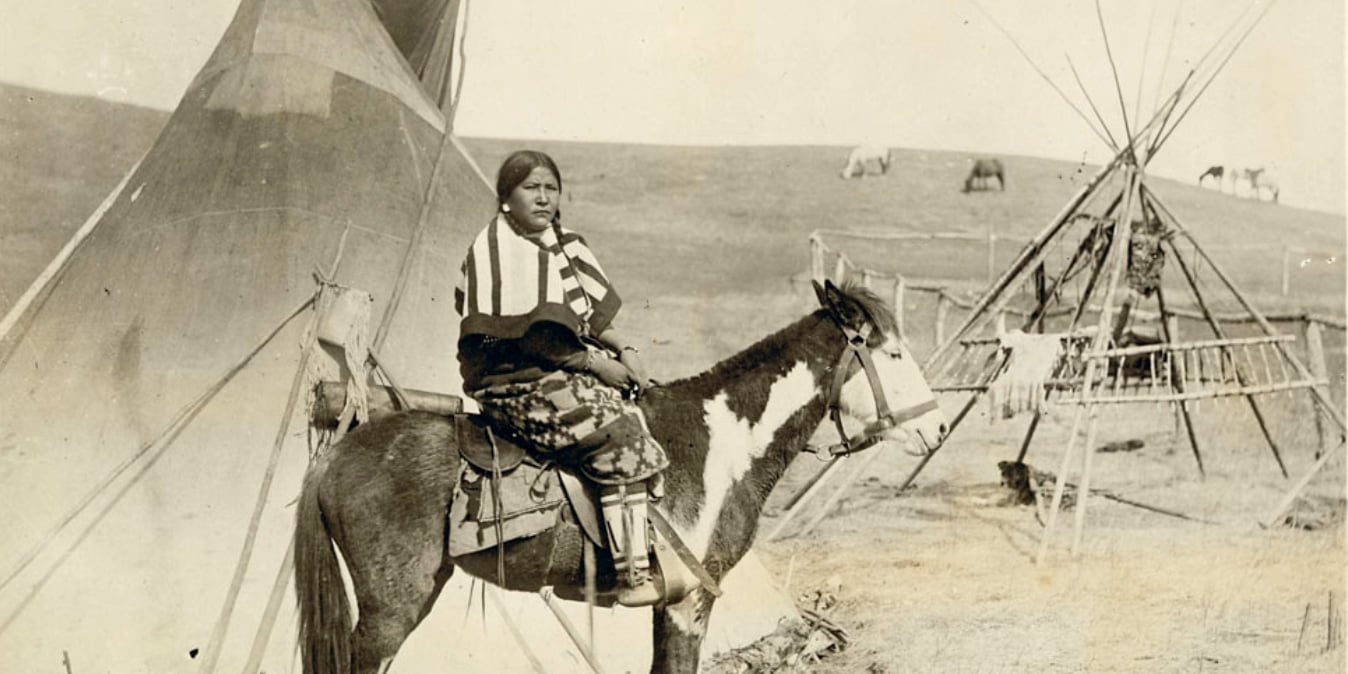
When an Indian woman marries outside the band, whether a non-treaty Indian or a white man, it is in the interest of the Department, and in her...